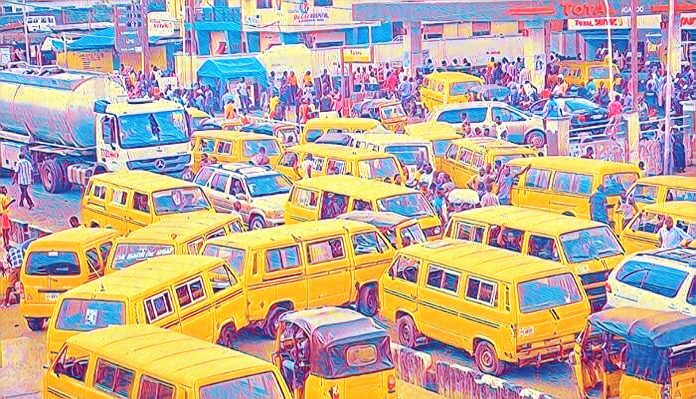The Lagos State Government has recently specified its plans regarding the future of public transportation along the Lekki-Epe corridor, stating that there will be a regulation, not a ban, of Danfo and Korope buses effective from October 1, 2024. This clarification comes amid rising confusion and widespread rumors suggesting a complete prohibition of these traditional buses.
Sola Giwa, the Special Adviser on Transportation to Governor Babajide Sanwo-Olu, emphasized that the strategy forms a core part of the state’s Bus Reform Initiative, which aims to improve public commuting experiences and enhance service delivery throughout Lagos. Addressing misconceptions, Giwa confirmed that the government’s plan includes transitioning to modern mass transit buses on this key route, rather than eliminating existing services.
Giwa made it clear that Danfo buses that pass the standards set by the Vehicle Inspection Service will be repurposed as mid-capacity buses. Similarly, Korope buses that meet these standards will not disappear; instead, they will be integrated into the state’s First Mile Last Mile (FMLM) service, which focuses on facilitating travel within local communities along the corridor stretching from Obalende/CMS to Ajah.
The initiative reflects a concerted effort to organize the currently chaotic state of bus operations along the corridor. The government’s approach seeks to incorporate the informal transport sector into a more structured, state-led public transportation framework. “The primary goal of the Bus Reform Initiative is to restructure commercial bus operations, ensuring a more comfortable and efficient public transportation system for the residents of Lagos,” stated Giwa.
As part of the enforcement of these new standards, Giwa warned that operators who fail to comply with the regulations risk facing fines and could even forfeit their vehicles if they do not respond to fines accordingly. Strict monitoring and designated routes will be implemented to ensure adherence to the new system.
A significant upgrade in the form of an e-ticketing system is also on the horizon, aimed at enhancing passenger convenience and streamlining the payment process. This modernization push represents a significant leap towards leveraging technology to improve daily commuting in Lagos.
Details of the upcoming changes were thoroughly discussed in a stakeholders’ meeting held on June 27th. This meeting brought together heads of Transport Unions, key Transport Operators, officials from the State’s Ministry of Transportation, and both the Special Adviser and Permanent Secretary of Transportation. The session successfully addressed doubts and concerns, culminating in the signing of a communique that outlined the agreed-upon path forward.
This structured dialogue reflects the administration’s commitment to transparency and collaborative governance, involving key players in the transport sector to ensure that the transition benefits all parties involved and minimizes disruption to the daily lives of Lagos residents.
The reformation of bus services along the Lekki-Epe corridor is a key element of Lagos State’s broader initiative to improve infrastructure and public service delivery, aiming to set a benchmark for urban transportation in Nigeria.



